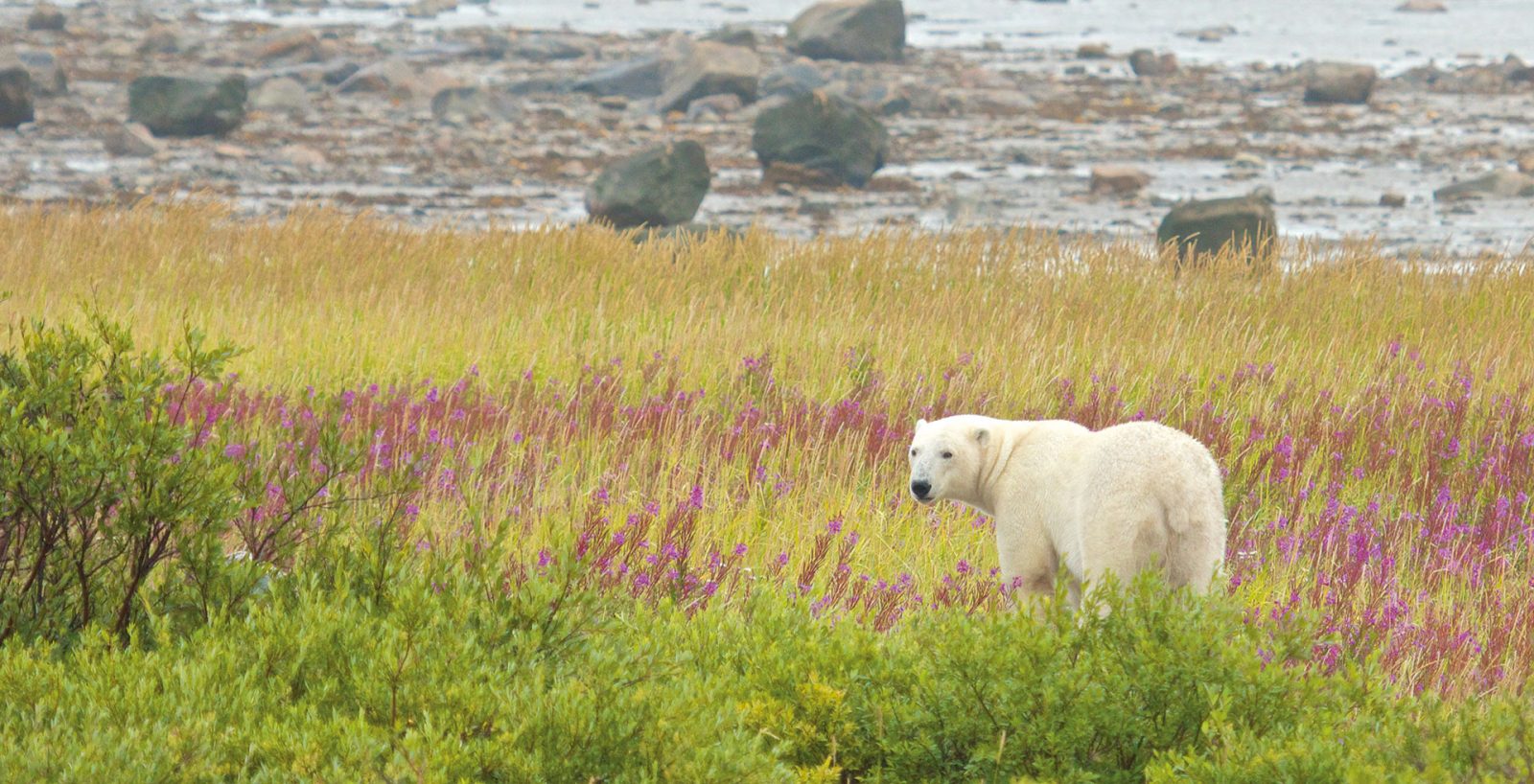WildLife Foundation have helped spear-head a new fight to protect hundreds of endangered species from impacts of climate change.
WildLife Foundation is a key player in a landmark report that warns of the ‘increasingly severe’ impact on animals from shifting weather patterns. Representatives from the Foundation, based at the award-winning park, attended the IUCN World Conservation Congress in Hawaii which laid out a route map to reverse environmental decline and transform the safety of the planet.
Representatives from the Foundation, based at the award-winning park, attended the IUCN World Conservation Congress in Hawaii which laid out a route map to reverse environmental decline and transform the safety of the planet.
The ten-day Congress, which drew conservationists, scientists, economists, politicians and indigenous community members from around the world, issued a hard-hitting call for nature and wildlife to be protected from the ravages of progress.
It built on the Paris Agreement to promote a series of profound changes that will reduce the impact of a range of threats from climate change to wildlife trafficking. The Foundation, based at Yorkshire Wildlife Park, near Doncaster, has been instrumental in protecting species and contributing the global campaign to save the planet.
The Foundation, based at Yorkshire Wildlife Park, near Doncaster, has been instrumental in protecting species and contributing the global campaign to save the planet. The Congress, held in Hawaii and organized by the International Union for Conservation of Nature (IUCN), highlighted increasing danger to biodiversity around the globe with natural habitat disappearing and many species pushed to the brink of extinction.
It wants to encourage a ‘culture of conservation’ and encourage the younger generation to champion sustainability and to find better ways to provide food for a growing population.
Its Guidelines for Assessing Species’ Vulnerability to Climate Changes document is aimed at pooling scientific knowledge to help conservation campaigners and projects protect the environment. It will be a major weapon in the battle to ensure species are not lost because of climate change.
A partnership between the Foundation and the Climate Change Specialist Group of the IUCN – which consists of more than 20 of the world’s leading scientists – has been crucial for the production of the guidelines.
“We are delighted to support IUCN and this vital initiative, as we know it will make a significant contribution to protecting wildlife from the impacts of climate change,” said Cheryl Williams, Trustee of the WildLife Foundation. “We are determined to do our part, and hope that local businesses, park supporters and members of the public will join us in making this a priority.”
The flagship species at Yorkshire Wildlife Park , the polar bears, are listed as Vulnerable on The IUCN Red List of Threatened Species because extensive declines in Arctic sea ice are severely decreasing its available habitat. As part of Project Polar, WildLife Foundation has been promoting action to combat climate change.
“The polar bears are like the canaries in the coalmines – their plight is a warning for everyone,” added Williams.
Climate change is influenced by solar cycles, volcanic eruptions and the human influences on pollution and land cover, the report states. Measuring impact and assessing data has been fragmented so the Guidelines will help campaigners project a unified case for action to governments and global authorities.
WildLife Foundation and Climate Change Specialist Group will work together to increase awareness about climate change, its impacts on wildlife, and the best ways to respond. The Foundation’s support enabled the completion and release of The IUCN Guidelines for Assessing Species’ Vulnerability to Climate Change, which were launched at the Congress. These guidelines will provide the conservation community with the best available scientific knowledge to guide important efforts to identify species most threatened by climate change.
“To develop effective conservation plans, you need to work out how species are being impacted by climate change, and how this will play out in the future,” said Dr Wendy Foden, Chair of the IUCN SSC Climate Change Specialist Group and co-editor of the guidelines. “The IUCN Guidelines for Assessing Species’ Vulnerability to Climate Change present the combined knowledge and experience of more than thirty scientists from around the world and can be used for any species – from polar bears to puffins and wildflowers.”
The world’s leaders were warned about the perils of a continued global temperature rise from the emissions and burning fossil fuels, at last year’s climate change conference in Paris where 195 countries pledged to cut global greenhouse gas emissions.
This partnership is an important extension of The WildLife Foundation’s existing efforts in conservation and welfare, including highly praised work with polar bears, Amur tigers, Amur leopards and African painted dogs.
The Foundation partnership with ICUN is an important extension of its existing work, which has already won widespread praise for its efforts in conservation and welfare, including highly praised work with Amur Tigers and Leopards and African painted dogs.











